Srinath Srinivasa
Riddle Quest : The Enigma of Words
Jan 27, 2026Abstract:Riddles are concise linguistic puzzles that describe an object or idea through indirect, figurative, or playful clues. They are a longstanding form of creative expression, requiring the solver to interpret hints, recognize patterns, and draw inferences to identify the answers. In this work, we introduce a simple pipeline for creating and evaluating analogy-based riddles. The system includes a triples creator that builds structured facts about a concept, a semantic mapper that selects attributes useful for analogy, a stylized generator that turns them into riddle clues, and a validator that collects all possible answers the riddle could point to. We use this validator to study whether large language models can recover the full answer set for different riddle types. Our case study shows that while models often guess the main intended answer, they frequently miss other valid interpretations. This highlights the value of riddles as a lightweight tool for examining reasoning coverage and ambiguity handling in language models.
An Approach to Automatically generating Riddles aiding Concept Attainment
Oct 27, 2023Abstract:One of the primary challenges in online learning environments, is to retain learner engagement. Several different instructional strategies are proposed both in online and offline environments to enhance learner engagement. The Concept Attainment Model is one such instructional strategy that focuses on learners acquiring a deeper understanding of a concept rather than just its dictionary definition. This is done by searching and listing the properties used to distinguish examples from non-examples of various concepts. Our work attempts to apply the Concept Attainment Model to build conceptual riddles, to deploy over online learning environments. The approach involves creating factual triples from learning resources, classifying them based on their uniqueness to a concept into `Topic Markers' and `Common', followed by generating riddles based on the Concept Attainment Model's format and capturing all possible solutions to those riddles. The results obtained from the human evaluation of riddles prove encouraging.
Characterizing Latent Perspectives of Media Houses Towards Public Figures
Sep 12, 2023Abstract:Media houses reporting on public figures, often come with their own biases stemming from their respective worldviews. A characterization of these underlying patterns helps us in better understanding and interpreting news stories. For this, we need diverse or subjective summarizations, which may not be amenable for classifying into predefined class labels. This work proposes a zero-shot approach for non-extractive or generative characterizations of person entities from a corpus using GPT-2. We use well-articulated articles from several well-known news media houses as a corpus to build a sound argument for this approach. First, we fine-tune a GPT-2 pre-trained language model with a corpus where specific person entities are characterized. Second, we further fine-tune this with demonstrations of person entity characterizations, created from a corpus of programmatically constructed characterizations. This twice fine-tuned model is primed with manual prompts consisting of entity names that were not previously encountered in the second fine-tuning, to generate a simple sentence about the entity. The results were encouraging, when compared against actual characterizations from the corpus.
AI based approach to Trailer Generation for Online Educational Courses
Jan 10, 2023



Abstract:In this paper, we propose an AI based approach to Trailer Generation in the form of short videos for online educational courses. Trailers give an overview of the course to the learners and help them make an informed choice about the courses they want to learn. It also helps to generate curiosity and interest among the learners and encourages them to pursue a course. While it is possible to manually generate the trailers, it requires extensive human efforts and skills over a broad spectrum of design, span selection, video editing, domain knowledge, etc., thus making it time-consuming and expensive, especially in an academic setting. The framework we propose in this work is a template based method for video trailer generation, where most of the textual content of the trailer is auto-generated and the trailer video is automatically generated, by leveraging Machine Learning and Natural Language Processing techniques. The proposed trailer is in the form of a timeline consisting of various fragments created by selecting, para-phrasing or generating content using various proposed techniques. The fragments are further enhanced by adding voice-over text, subtitles, animations, etc., to create a holistic experience. Finally, we perform user evaluation with 63 human evaluators for evaluating the trailers generated by our system and the results obtained were encouraging.
Zero-shot Entity and Tweet Characterization with Designed Conditional Prompts and Contexts
Apr 18, 2022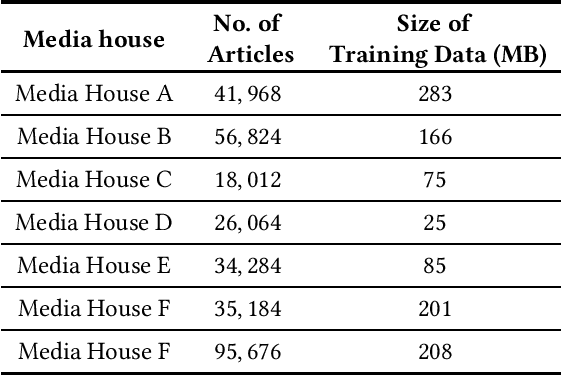

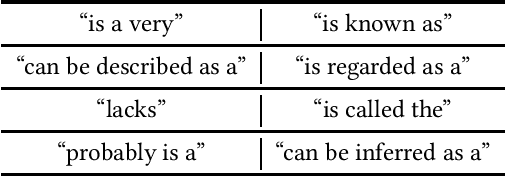

Abstract:Online news and social media have been the de facto mediums to disseminate information globally from the beginning of the last decade. However, bias in content and purpose of intentions are not regulated, and managing bias is the responsibility of content consumers. In this regard, understanding the stances and biases of news sources towards specific entities becomes important. To address this problem, we use pretrained language models, which have been shown to bring about good results with no task-specific training or few-shot training. In this work, we approach the problem of characterizing Named Entities and Tweets as an open-ended text classification and open-ended fact probing problem.We evaluate the zero-shot language model capabilities of Generative Pretrained Transformer 2 (GPT-2) to characterize Entities and Tweets subjectively with human psychology-inspired and logical conditional prefixes and contexts. First, we fine-tune the GPT-2 model on a sufficiently large news corpus and evaluate subjective characterization of popular entities in the corpus by priming with prefixes. Second, we fine-tune GPT-2 with a Tweets corpus from a few popular hashtags and evaluate characterizing tweets by priming the language model with prefixes, questions, and contextual synopsis prompts. Entity characterization results were positive across measures and human evaluation.
AI and the Sense of Self
Jan 07, 2022
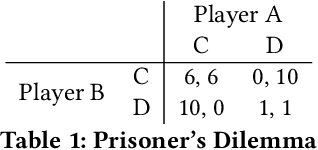
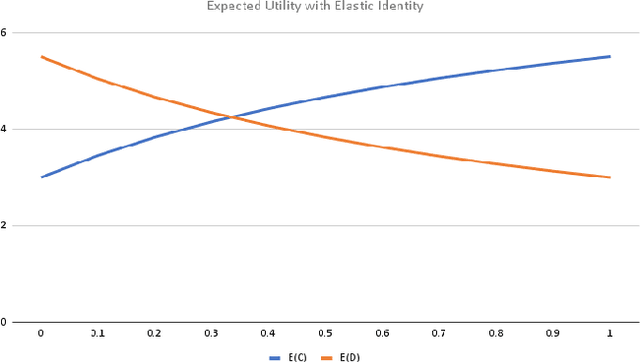
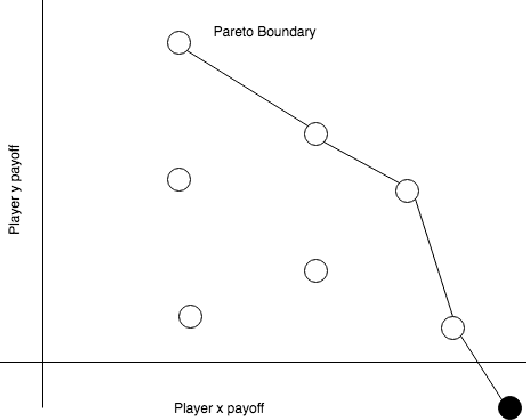
Abstract:After several winters, AI is center-stage once again, with current advances enabling a vast array of AI applications. This renewed wave of AI has brought back to the fore several questions from the past, about philosophical foundations of intelligence and common sense -- predominantly motivated by ethical concerns of AI decision-making. In this paper, we address some of the arguments that led to research interest in intelligent agents, and argue for their relevance even in today's context. Specifically we focus on the cognitive sense of "self" and its role in autonomous decision-making leading to responsible behaviour. The authors hope to make a case for greater research interest in building richer computational models of AI agents with a sense of self.
Paradigms of Computational Agency
Dec 10, 2021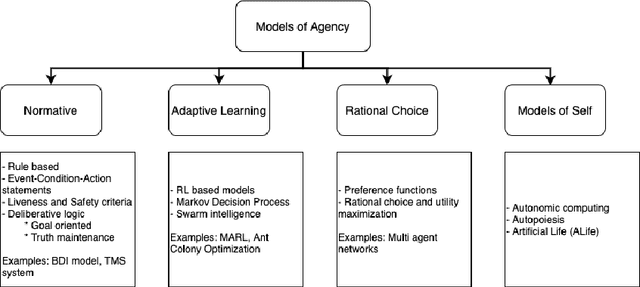
Abstract:Agent-based models have emerged as a promising paradigm for addressing ever increasing complexity of information systems. In its initial days in the 1990s when object-oriented modeling was at its peak, an agent was treated as a special kind of "object" that had a persistent state and its own independent thread of execution. Since then, agent-based models have diversified enormously to even open new conceptual insights about the nature of systems in general. This paper presents a perspective on the disparate ways in which our understanding of agency, as well as computational models of agency have evolved. Advances in hardware like GPUs, that brought neural networks back to life, may also similarly infuse new life into agent-based models, as well as pave the way for advancements in research on Artificial General Intelligence (AGI).
* Earlier version of this paper was published as a book chapter in the book titled Novel Approaches to Information Systems Design
 Add to Chrome
Add to Chrome Add to Firefox
Add to Firefox Add to Edge
Add to Edge